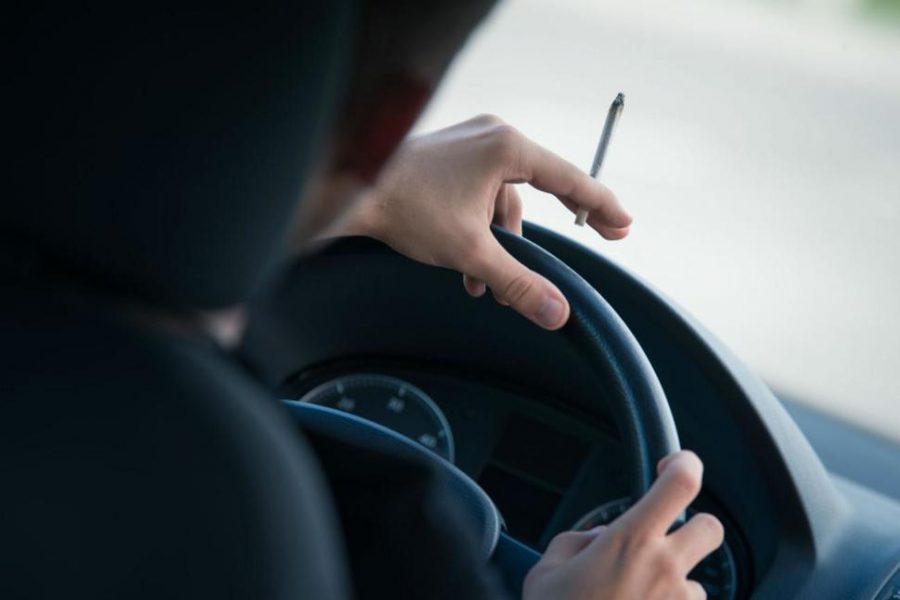Massachusetts is debating how to handle high driving
Thor Benson / Cannabis News Box Contributor
States across the country have been trying to figure out the best way to deal with high driving, and a Massachusetts committee has made a recommendation that many find controversial. The committee is recommending that anyone who refused to take a drug test when they’re pulled over and suspected of driving high should lose their license for six months.
“I don’t think it’s unreasonable to say to [an allegedly impaired] driver, ‘If you want the privilege of driving in Massachusetts, you have to participate in a noninvasive test,’ ” said John Scheft, an attorney appointed by Attorney General Maura Healey.
However, some believe this violates the rights of Massachusetts residents and could have unintended consequences. For instance, someone who regularly uses cannabis for medical reasons would register as having THC in their blood, even if they’re not intoxicated at all. That might mean all medical patients would be at risk of getting arrested and fined.
“Operating under the influence of any drug, or impaired in any way, is dangerous. It’s appropriate to support policies that can aid law enforcement agents in protecting the public safety,” Matt Allen, field director for the ACLU’s Massachusetts office, told Cannabis News Box. “Currently there is no test for cannabis that can detect recent use with the reliability and accuracy that the breathalyzer does for alcohol. Any tests to determine whether a motorist is OUI must be based in science.”
Allen said since there are no tests like this, motorists shouldn’t be punished for not submitting to tests that might not prove anything at all about their condition while they were driving. He said research needs to be done to figure out how law enforcement can determine if someone is too high to be driving.
“Areas for policy change include data collection, PSAs, science to validate currently used methodologies so that operating under the influence policies are based in science and evidence,” Allen said.
Many states have passed laws that set a level of THC in the blood that represents intoxication, but the levels that have been set have been found to be far too low. Because of this, many drivers who were driving responsibly have been wrongfully punished.
“This threatens the civil liberties of drivers who test positive even when not impaired, and it undermines law enforcement agents who are using a tool that has never been proven to be accurate,” Allen said.
Many believe the best way to determine if someone is too high to drive is to simply rely on how the person is behaving and to have them complete a field sobriety test. Until the science is there for a more exact way of measuring intoxication, officers need to be properly trained to look for the right indicators.








